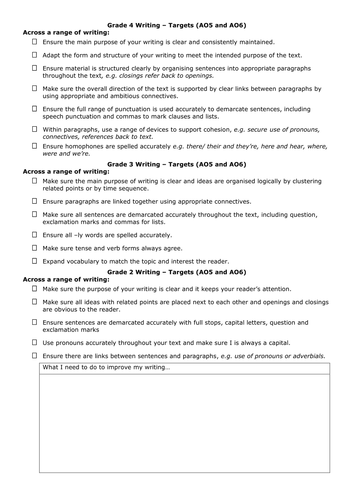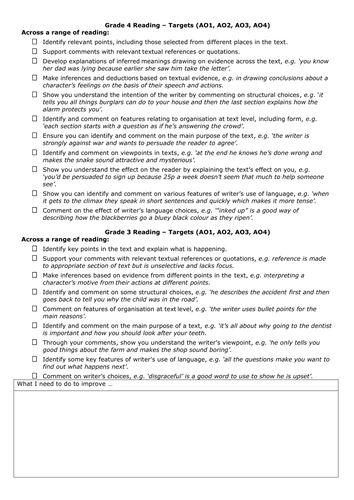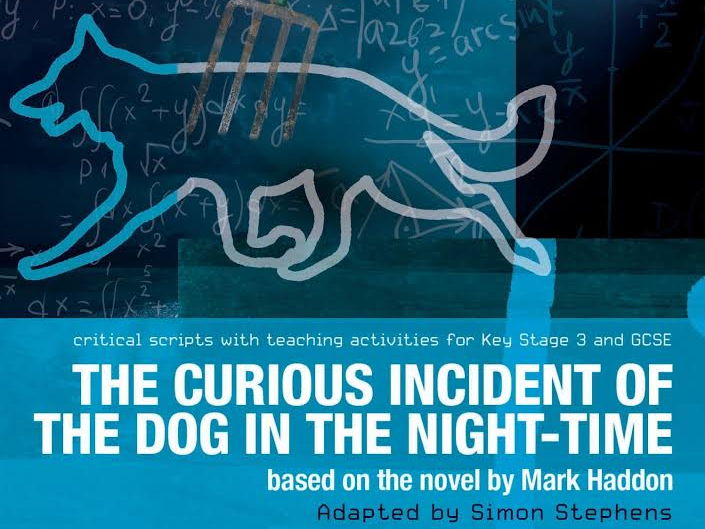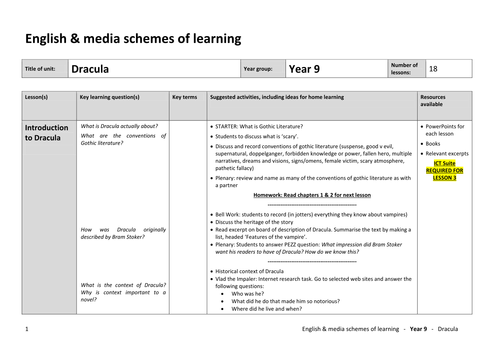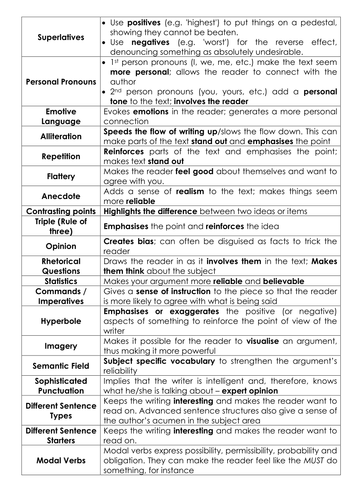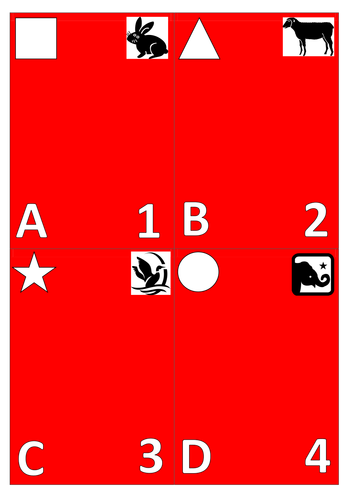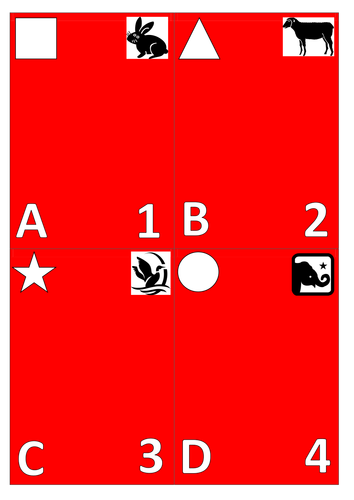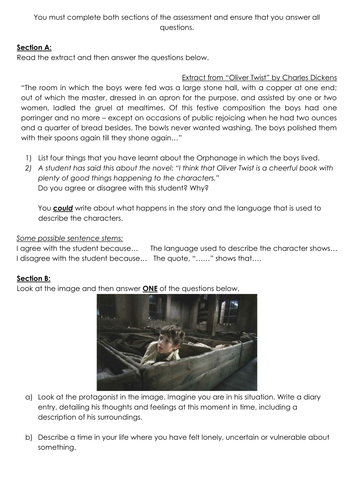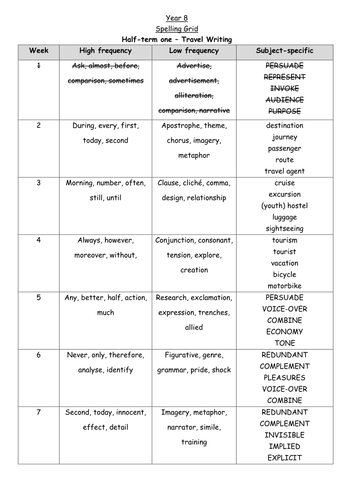
19Uploads
25k+Views
57k+Downloads
English

AQA GCSE English Literature Poetry lessons
Attached are resources which will enable quick and easy delivery of poetry lessons to KS4 classes to teach them to answer questions on the anthology and unseen poems in the AQA GCSE English Literature exams.
PowerPoint - 9 lessons worth of work
Unseen-Poetry-(first-question)-support-sheets - will need printing, two per page for students to annotate as needed
Feedback—Lit-Paper-2–Section-B-(Comparative-Poetry) - print on A5 and stick in for feedback on first substantial written task.
QWERTY-paragraph-self-or-peer-assessment - peer assessment sheet for one of the first lessons.
Analytical-writing documents - to support the use of QWERTY (our adopted writing structure for analysis)
Credit to those people whose resources I have repurposed here for teaching.

Connectives Underground Display
Will require a background that won’t clash with the lines. Designed to use border rolls as the lines.
Can be time consuming to put up but very worth it - my Year ten class have used it to help with their exams several times already!

New GCSE 9-1 Writing grade criteria
All grades from below Grade 1 up to Grade 9 included.
KS2 criteria for reading and writing have influenced the working towards Grade 1 grades.
The idea is to tick the boxes complete, circle the target criteria for self extension and then highlight one and set a task in the box below to demonstrate immediate progress.
We use these on A5 stickers after an assessment or piece of extended writing to focus interventions and student's learning.

New GCSE 9-1 Reading grade criteria
All grades from below Grade 1 up to Grade 9 included.
KS2 criteria for reading and writing have influenced the working towards Grade 1 grades.
The idea is to tick the boxes complete, circle the target criteria for self extension and then highlight one and set a task in the box below to demonstrate immediate progress.
We use these on A5 stickers after an assessment or piece of extended writing to focus interventions and student's learning.

Resources for the KS3 Test Packs from AQA
A hand-out, booklet and PowerPoint series of lessons to prepare year 7-9 students for the AQA KS3 Test packs if they are to be used as end of year exams.
Language paper 1 practice (fiction)

Literature from other cultures & Terror Kid
All powerpoints are complete with planning within and also without in the Unit of Work document.
This SOL will work for one whole term with year 8 focusing on Terror Kid and poems written by various black writers. Both will coincide with each other however, the opening of the SOL will focus on Terror Kid. It develops understanding of nuances of language including narrative techniques; it requires high levels of critical & imaginative response, & building skills of formal analysis required for GCSE. It builds on work with imaginative texts, to look at some subtle ways in which texts can carry political & emotional messages.
Aim to read at least three chapters per week.
• Develop skills of creative & critical response to a novel
• Develop skills of critical/analytical writing, essential for KS3 and 4
• Develop understanding of character
• Develop understanding of themes and literary techniques
• Develop skills of creative & critical response to a range of types of texts
• Develop awareness of the interconnectedness & relationships between different types of texts – literary & non-literary
• Develop skills of critical/analytical writing, essential for GCSE
Diversity of culture and its representation in literature
Zephaniah’s interest in racial and class identity and prejudice
Consider themes of Authority, Punishment and Anger and Identity

Year 7 Titanic Independent Learning Project for English
Scheme of work based around the HMS Titanic which sunk in April 1912.
The scheme includes reading, writing and speaking and listening activities which will explore the class system on the Titanic and the roller coaster of emotion from the excitement of the ‘unsinkable ship’ through to the mass loss of lives, mainly from the lower classes.
NB This scheme does not give detailed lesson plans; the way individual lessons are opened, structured & closed, & the way home learning is integrated, will be determined by the teacher & the needs of the particular class.

The Curious Incident of the Dog in the Night-Time (Playscript) KS3 SoL
Scheme of Learning, PowerPoint and a review that could be useful attached.

Dracula Mini-Scheme - Year 9
3 week scheme to complement a pre-1914 literary canon.
All necessary resources attached.

Persuasive Devices Table and Sorting definitions
Two resources regarding the teaching and learning of persuasive devices.
The effect document is good as a reference material for books and the table is good for a find the meaning / example activity

Talk for Learning Cards - Grouping
These cards are great for structuring groups within the class in a variety of different ways.
Ideal for: Snowballing, Jigsawing, Experts, generally reducing arguments between students who my not want to work together!
Ideally printed on card, cut out individually, and laminated. My set have lasted 2 years of use several times a week with no damage (touch wood!).

Talk for Learning - grouping cards
These cards are great for structuring groups within the class in a variety of different ways.
Ideal for: Snowballing, Jigsawing, Experts, generally reducing arguments between students who my not want to work together!
Ideally printed on card, cut out individually, and laminated. My set have lasted 2 years of use several times a week with no damage (touch wood!).

Year 8 - Oliver Twist SoL
Year 8 scheme for Oliver Twist.
Video’s of Roman Polanski’s version, the bbc version and the musical required.

Year 8 Travel writing - SoL only
Scheme only. All resources available as premium download for only £4 (https://www.tes.com/teaching-resource/year-8-travel-writing-scheme-11152229)

Year 8 Travel Writing Scheme
Year 8 Travel Writing Scheme with all resources available. Aimed at high-achieving students with the facility to be differentiated for less-able pupils




